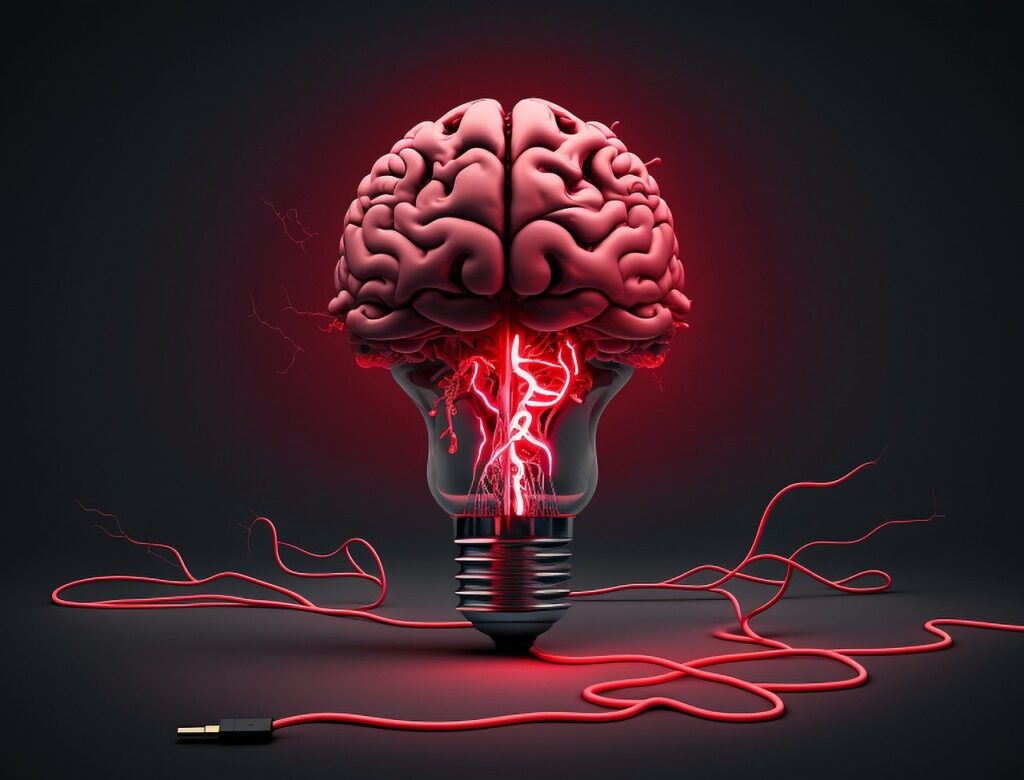The field of mental health support has experienced a significant transformation through the integration of artificial intelligence (AI) technologies. As societies worldwide grapple with increasing rates of mental health challenges, AI presents a new and promising approach to improve the accessibility, effectiveness, and reach of mental health services. This fusion of technology and mental health encompasses chatbots offering real-time assistance and AI-powered diagnostics, revolutionizing personalized and efficient support systems.
24/7 Accessibility and Immediate Response
AI in mental health support offers a significant advantage with its around-the-clock assistance. AI-powered chatbots and virtual assistants are readily available to users, providing immediate responses when needed. This feature proves particularly crucial during moments of crisis where timely intervention can be life-saving. AI-driven platforms allow individuals to confide without the fear of judgment, promoting openness and early intervention.
Reducing Stigma and Promoting Anonymity
Mental health struggles often carry a societal stigma that hinders individuals from seeking assistance. AI platforms provide a veil of anonymity, encouraging people to freely express their thoughts, emotions, and worries without the fear of identification or judgment. The impartiality of AI interactions establishes a secure environment for vulnerable individuals to openly discuss their mental well-being.
Personalized and Data-Driven Insights
AI algorithms have been purposefully designed to learn from user interactions, enabling them to offer increasingly personalized support. By analyzing patterns in user responses, these algorithms can effectively identify signs of distress, potential triggers, and coping mechanisms. As time progresses, AI has the ability to provide tailored recommendations, resources, and strategies that align precisely with an individual’s specific needs and preferences.
Early Detection and Intervention
AI has the potential to transform early detection and intervention in mental health issues. By utilizing machine learning algorithms, vast amounts of data can be analyzed to uncover patterns, risk factors, and warning signs associated with various mental health conditions. Through the identification of these indicators, AI can effectively encourage individuals to seek professional assistance before their difficulties worsen.
Supplementing Therapeutic Practices
AI-powered tools can enhance the work of mental health professionals. They provide consistent support outside therapy sessions through mobile apps and chatbots. These digital resources offer various features like guided relaxation exercises, mood tracking, and cognitive-behavioral techniques. Consequently, individuals are empowered to actively participate in their mental wellness journey while therapists can monitor progress and make informed treatment decisions with ease.
Global Reach and Scalability
AI holds the potential to bridge the gap in mental health services, particularly in regions where access to mental health professionals is limited. Virtual platforms can offer support to individuals residing in remote areas or countries with insufficient mental health infrastructure. The scalability of AI solutions further enables addressing the overwhelming global demand for mental health services.
The integration of artificial intelligence (AI) in the field of mental health represents a significant advancement in addressing the intricate challenges of mental well-being. This technology offers round-the-clock accessibility, reduces stigma, provides personalized insights, aids in early detection, complements therapeutic practices, and extends support on a global scale. While AI cannot replace human interaction and professional treatment, it holds promise in expanding access to mental health services and enhancing their efficacy for diverse individuals. As AI continues to develop, its contributions to the crucial domain of mental health support will also evolve.
